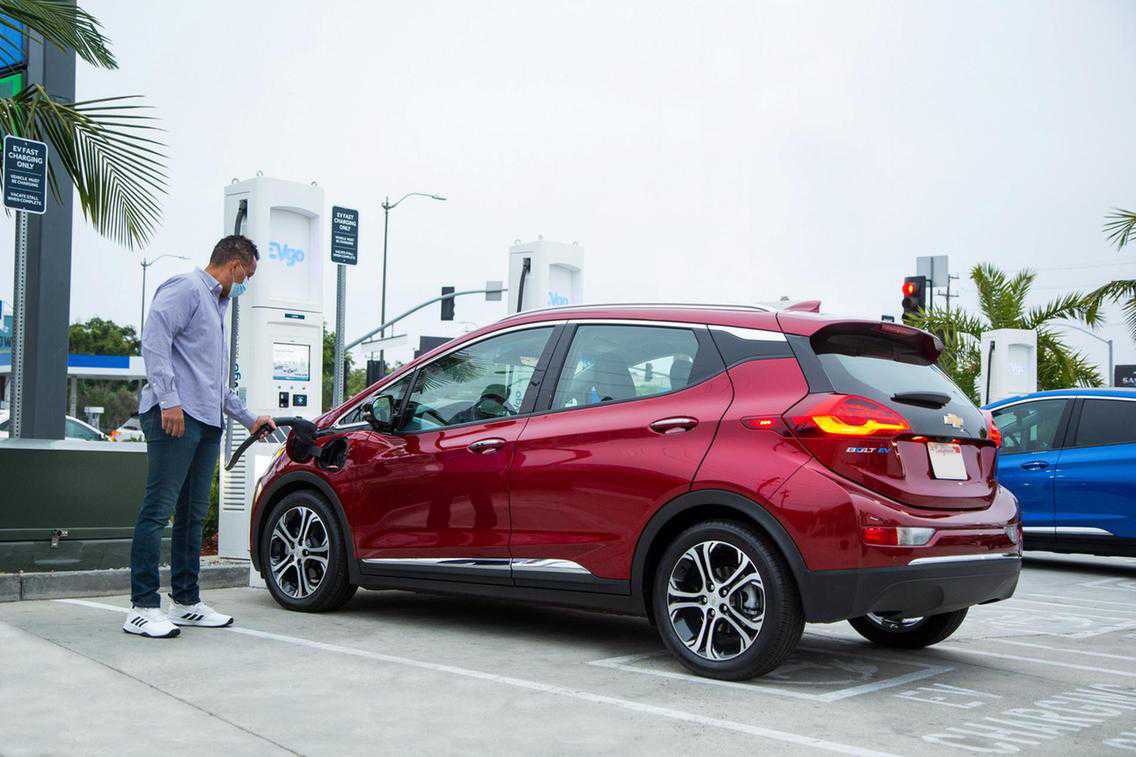Are electrical vehicles cheaper than petrol cars? Why it will pay to crunch the numbers
10 January, 2021

We’re told that the acceptance of electric cars is good for the environment and great for the wallet because you’ll do not have to go to another petrol station. Basically plug it in at home and count the savings. Right?
Unsurprisingly, it’s certainly not that simple. With time, EVs may tick those boxes, but also for now, the car industry and global governments happen to be sweet-talking early on adopters who are prepared to take the personal hit to invest in the industry’s approach through the costly development process.
Diesel fuel within an EV era
Elmar Degenhart, chairman of the executive table for Continental, which develops consumer electronics for the world’s major car manufacturers, said that if everything is taken into consideration - including the manufacture and procedure of EVs, the diesel petrol had a need to mine the exceptional minerals found in batteries and the development of the strength itself - emissions could be reduced.
“You can reduce CO2 emissions to about 25 % of a reference range to the gasoline vehicle if you’re using renewable strength with a battery electric power vehicle, while a petrol cell vehicle could be slightly below that,” Degenhart says.
However, that may cost an average of Dh45,000 per car, which is passed on to the consumer.
Purchase prices change the game
A good snapshot of EVs in the UAE implies that running costs weighed against their ICE comparative is comfortably towards EVs by typically 64.4 per cent. But when you add in the price of the vehicles, the scales suggestion back in favour of petrol cars over five years, to the tune of 42.6 %.
Have the Jaguar F-Pace 2.0 turbocharged, four-cylinder SUV and the similar Jag I-Pace electric power SUV as examples. Like the purchase price, the buyer of the F-Speed will spend an average of Dh48,747 per year over five years compared with Dh66,861 for the I-Pace.
When you compare other like-for-like models, including the Chevrolet Bolt vs the Chevy Spark, the Nissan Leaf vs the Nissan Sunny and the Audi Q5 vs Audi e-tron, the story is comparable (see table).
As an alternative, showing the difference a plug-in hybrid electric car would produce, we included a Porsche Panamera 4 E against the new Porsche Taycan EV, which ultimately shows a 36.6 per cent benefit in running charges for the Taycan over five years, but a near line-ball 0.72 per cent swing to the Panamera after the purchase price is included.
The UAE is the virtually all developed EV industry in your community, registering just over 2,000 units since 2012 with a 250-strong charging infrastructure in Abu Dhabi and Dubai.
EV incentives found in the UAE
In 2017, the Dubai Electricity and Normal water Authority, alongside the Roads and Transfer Authority, announced a motivation offering no cost parking and free charging at open public stations, Salik exemptions and discounts on registrations.
“Since Dewa introduced the EV Green Charger initiative in 2015 and its own free charging incentive, there's been a significant upsurge in the number of electric powered and hybrid vehicles in Dubai,” says Saeed Mohammed Al Tayer, managing director and leader of Dewa. “Because of the positive response, we've extended the no cost charging incentive for non-industrial EVs to December 31, 2021.”
The extension to cover the 0.29 fils per kilowatt hour charge applies to private users only after registration for the EV Green Charger initiative, but doesn’t include home charging.
Fast charging is gathering popularity in Europe and the US for an extra cost, and may be the figure quoted by suppliers when estimating rapid fee times, nonetheless it has yet to be installed in the Middle East.
Instead, the commercially obtainable, public charging points at malls, organization towers and in the home are the global typical “Level Two” products and installing among these ranges from Dh1,000 to Dh5,000, according to the supplier.
Sluggish sales for now
The global marketplace for PHEVs and EVs in 2019 closed at only 2.5 %, representing two million sales despite heavy government incentives such as for example free parking, toll exclusions, free charging, lower price financing and reduced or zero road taxes.
Ford’s big F-Series pick-up truck was once again the very best seller in the US with 897,000 devices sold in 2019, while one in three latest autos sold in the UK was nonetheless a diesel. EVs take into account 1.6 per cent of the UK market with 37,850 units, but also for pure EVs (not including PHEVs) to create up 10 % of the global industry, there has to be annual sales of just one 1.7 million units as opposed to the 400,000 registered last year.
Synthetic fuels and new tech
Despite this, zero pollution continues to be every manufacturer’s target and long-term it'll happen, but most likely not with EVs. New technology that’s cheaper, extra sensible, environmentally kinder and even greener than electricity is continually being developed, and the center East is a leading player.
Renewable synthetic fuels, such as the type Saudi’s Aramco is definitely developing through its technical partnership with Formula 1, allows frequent combustion engines to perform without emitting any kind of CO2, making them as tidy as EVs. Plus, considering that there is no mining for rare metals such as lithium and cobalt used in the manufacturing of batteries, it’s also less harmful to the surroundings than EVs.
Zero-emission liquid fuels that employ existing combustion engines and take a few minutes to load is a real opportunity further down the monitor but, for the present time, buying an EV can feed the soul before it again feeds the planet.
Source: www.thenationalnews.com
TAG(s):
